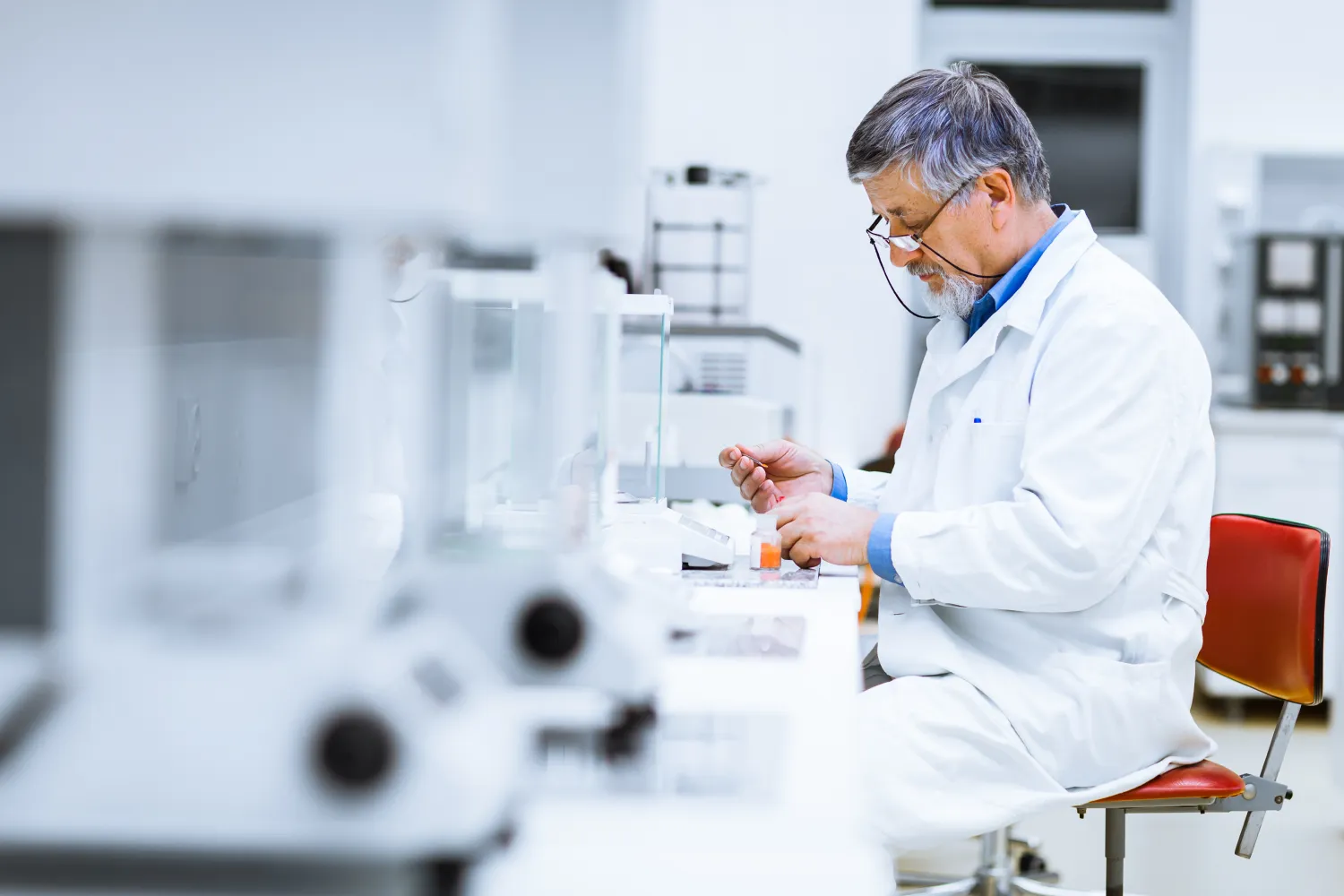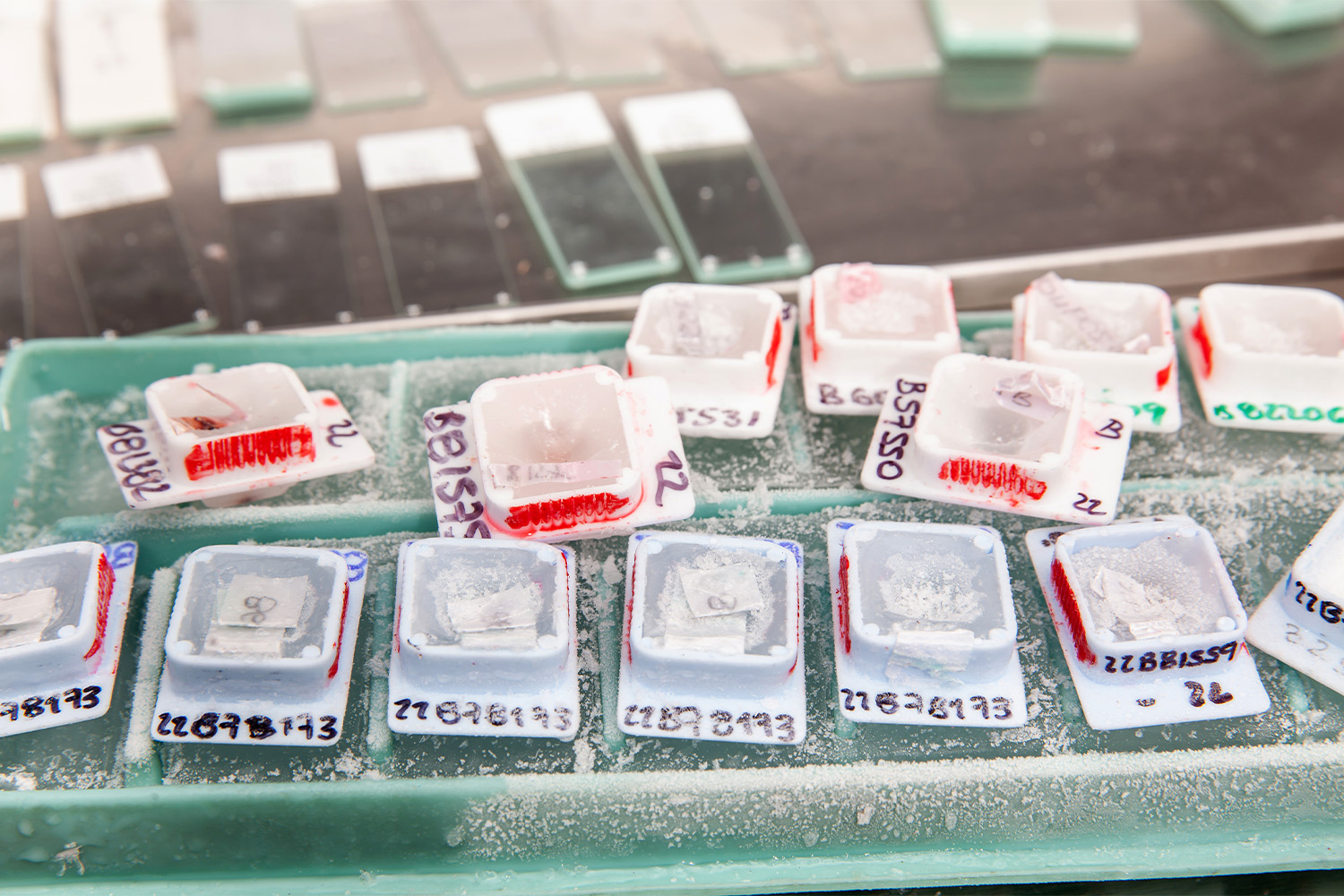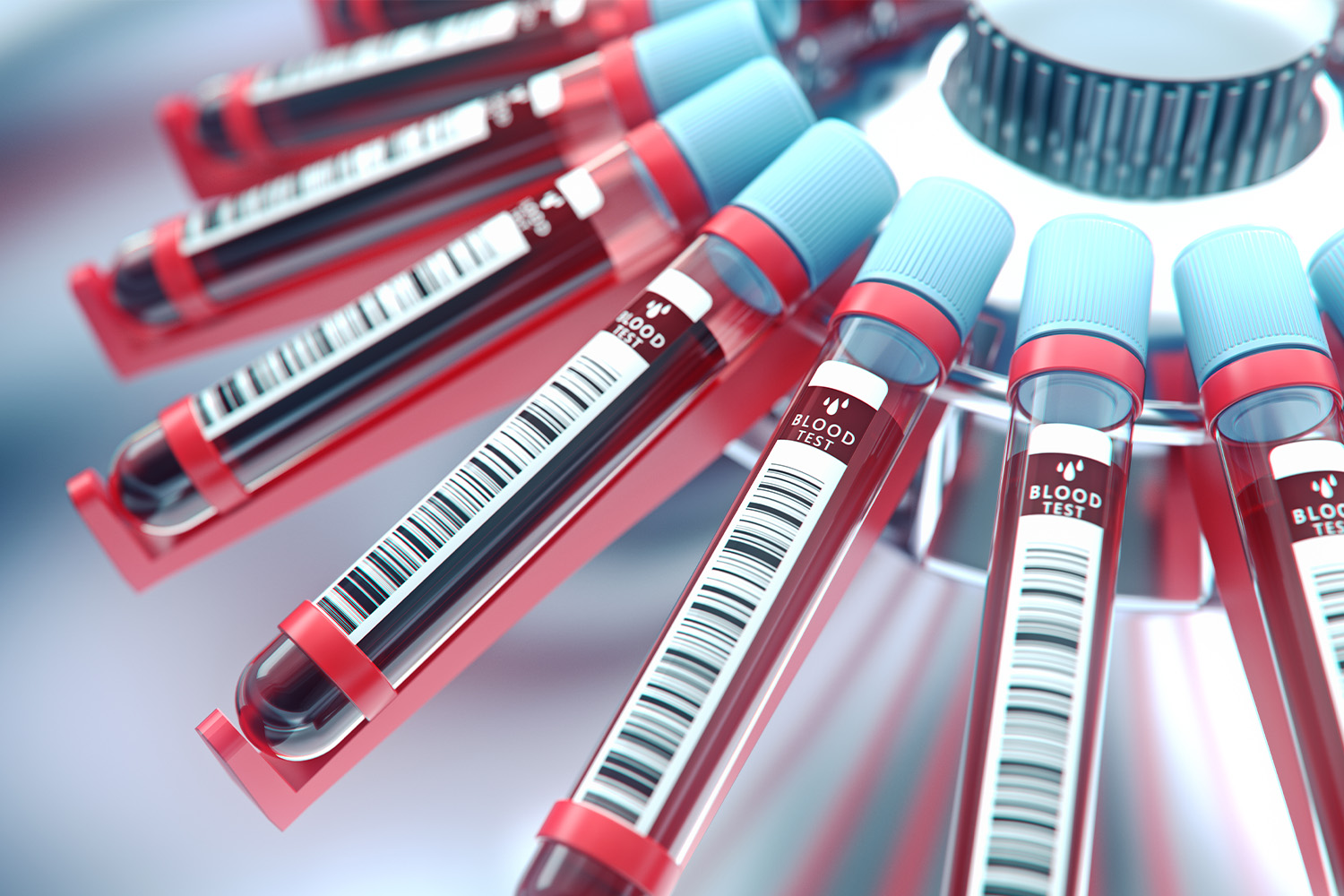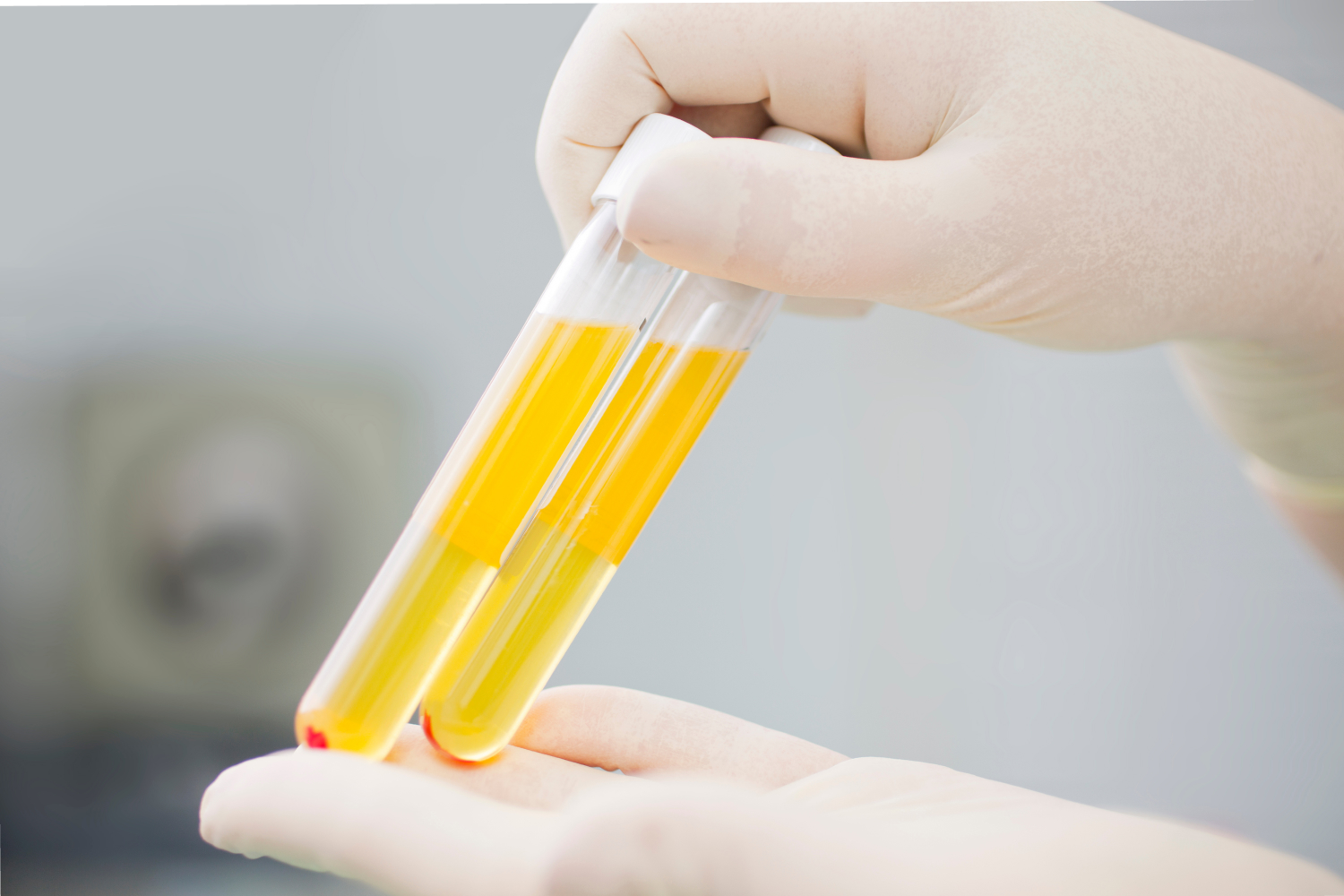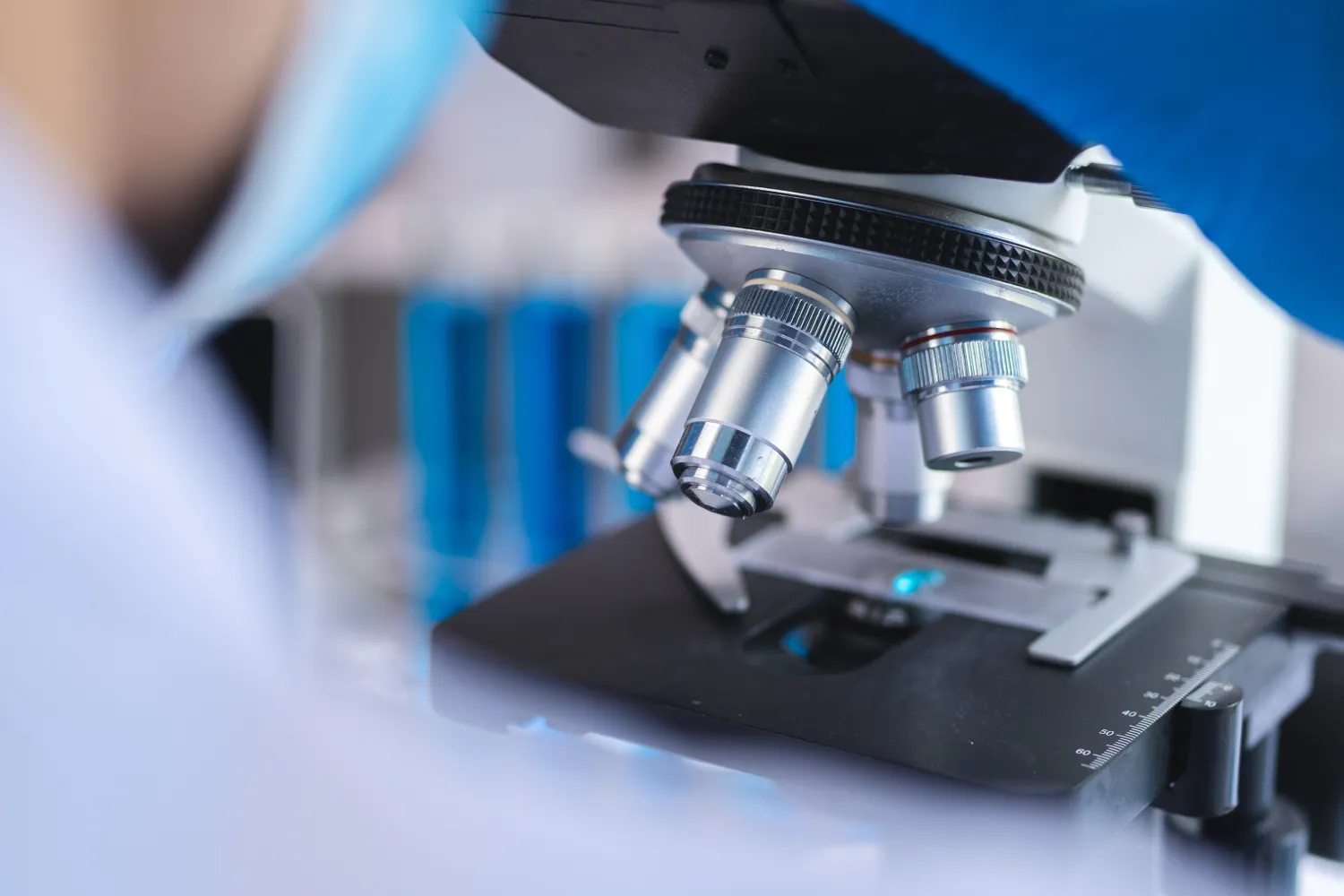The world of scientific and medical research is an ever-evolving landscape driven by ceaseless inquiry, discovery, and innovation. One area of great significance is cancer research, a field that has seen substantial progress over the years but continues to grapple with complexity and variability in cancer manifestation and progression.
Central to this battle against cancer are biospecimen repositories, or banks that store biological samples for use in research. This article sheds light on the crucial role biospecimen repositories play in propelling cancer research, aiding in the better understanding, diagnosis, treatment, and, ultimately, prevention of this pervasive disease.
What Are Biospecimen Repositories?
Biospecimen repositories, commonly referred to as biobanks, are organizations that collect, process, store, and distribute biological samples, known as biospecimens, for use in research. These samples can include various types of tissue, blood, DNA, RNA, proteins, and other biological entities collected from humans, animals, or the environment.
Biospecimen repositories serve a significant purpose in the scientific community. They provide a centralized and standardized system for handling biological samples, ensuring their quality, integrity, and accessibility for current and future research endeavors. The biospecimens stored in these repositories are often accompanied by detailed clinical and demographic data, adding substantial value to the biological material itself.
Biospecimen repositories can house a wide variety of specimens. Some are generalist banks that store different types of biological samples, while others are specialized repositories that focus on specific types of samples.
For example, a cancer biobank may store a variety of cancer tissues, blood samples from cancer patients, and associated genetic material, providing a vital resource for researchers studying different aspects of cancer.
What Is the Importance of Cancer Research?
Cancer is a global health concern that has touched nearly every corner of the world. According to the World Health Organization, cancer is the leading cause of death globally, accounting for nearly 10 million deaths in 2020. With its myriad forms, each characterized by unique genetic and environmental factors, cancer remains a complex disease that necessitates exhaustive research.
The critical nature of cancer research cannot be overstated. It is through dedicated research efforts that we have gained a deeper understanding of cancer, including its causes, risk factors, progression, and potential therapeutic strategies.
Research has led to advancements in diagnostic technologies, enabling earlier detection of many cancers. It has also ushered in new treatment modalities, such as targeted therapies and immunotherapies, that have improved survival rates and quality of life for many patients.
However, despite these achievements, the battle against cancer is far from over. Many types of cancer remain difficult to diagnose and treat, and our understanding of the disease continues to evolve. As such, the pursuit of further research is crucial in improving outcomes for patients worldwide. In this context, biospecimen repositories emerge as a critical ally, enabling and enhancing the scope of cancer research.
What Is the Role of Biospecimen Repositories in Cancer Research?
Biospecimen repositories serve a vital function in the advancement of cancer research. They offer a rich source of high-quality, well-annotated biospecimens that researchers can use to study various aspects of cancer biology and disease progression.
The collection of tumor tissues, for example, allows researchers to study the genetic, molecular, and cellular changes that occur in cancer. This understanding can lead to the identification of novel biomarkers for early detection and new therapeutic targets.
Similarly, blood samples from cancer patients can be used to explore the potential of liquid biopsies, which aim to detect cancer or monitor its progression using circulating tumor cells, circulating tumor DNA, or other cancer-related molecules found in the blood.
Moreover, with the rise of personalized medicine, the genetic and molecular data associated with biospecimens allow researchers to investigate the interplay between cancer and individual genetic makeup. This research can lead to the development of personalized cancer treatments that are tailored to the genetic profile of a patient’s tumor.
By offering access to a broad range of biospecimens and associated data, biospecimen repositories facilitate multifaceted cancer research, speeding up the translation of research findings into clinical applications.
Ensuring Quality and Ethical Standards
Biospecimen repositories don’t merely store and distribute biospecimens; they also play a crucial role in ensuring the quality and ethical handling of these invaluable research resources.
The integrity and quality of biospecimens can significantly impact the validity and reproducibility of research findings. Therefore, biobanks adhere to strict protocols for sample collection, processing, storage, and distribution to maintain the highest standards of biospecimen quality.
Additionally, biospecimen repositories are entrusted with the critical task of upholding ethical standards. This includes obtaining informed consent from donors, safeguarding donor privacy, and ensuring the equitable and responsible use of biospecimens for research.
Biobanks play a vital role in striking a balance between accelerating scientific discovery and respecting the rights and interests of biospecimen donors.
Biospecimen Repositories and the Future of Cancer Research
The role of biospecimen repositories is likely to become even more significant in the future of cancer research. As research methodologies become increasingly sophisticated, the demand for diverse, high-quality biospecimens and associated data continues to grow.
The advent of technologies like next-generation sequencing, single-cell analysis, and advanced imaging techniques necessitates access to a wide variety of high-quality samples. Additionally, the growing interest in the tumor microenvironment and the role of the immune system in cancer progression and treatment response underscores the need for comprehensive biospecimen collections.
Moreover, the future of cancer research lies in global collaboration and data sharing.
With their ability to provide standardized, high-quality biospecimens and associated data, biospecimen repositories will undoubtedly play a central role in facilitating this collaborative approach to conquering cancer. They form the critical backbone of such collaborative endeavors, enabling researchers worldwide to collectively leverage their expertise.
The Intersection of Biospecimen Repositories and Technological Advancements
Technological advancements are rapidly reshaping the landscape of cancer research and, in turn, the operation of biospecimen repositories. Advanced analytic technologies like multi-omics approaches (genomics, proteomics, metabolomics, etc.) and next-generation sequencing require highly preserved, quality-controlled samples to deliver reliable and accurate results.
Thus, biobanks must stay updated with these technologies and adjust their sample collection, processing, and preservation techniques accordingly.
Furthermore, digital technology, including artificial intelligence and machine learning, is playing a significant role in enhancing biobank operations. These tools can help streamline the management of large-scale biospecimen collections, ensuring efficient tracking and utilization of samples. They can also assist in processing complex biological data associated with the biospecimens, potentially revealing novel insights into cancer biology.
By harnessing these technological advancements, biospecimen repositories can increase their capacity and improve their service to cancer researchers, significantly accelerating the pace of discovery.
iProcess Global Research’s Contribution to Cancer Research
At iProcess Global Research, we understand the vital role that biospecimen repositories play in advancing cancer research. As a leader in the biobanking industry, we are committed to providing high-quality, ethically sourced biospecimens and associated data to researchers worldwide.
Our state-of-the-art biobanking infrastructure, combined with rigorous quality control protocols, ensures that our biospecimens meet the highest standards of quality and reliability. Furthermore, we continuously adapt our protocols to accommodate the latest advancements in cancer research methodologies, ensuring that our biospecimens continue to meet the evolving needs of researchers.
Moreover, we adhere to stringent ethical guidelines in our operations. We obtain informed consent from all our biospecimen donors, respect their privacy, and ensure the responsible use of their donations. Our mission at iProcess Global Research is to support the global cancer research community in its quest to understand and conquer cancer.
The Future Outlook: Biospecimen Repositories as a Pillar of Cancer Research
The importance of biospecimen repositories in cancer research is undeniable. They not only serve as a source of high-quality biospecimens but also act as catalysts for global collaboration, technological integration, and the ethical progression of cancer research.
In the future, we can expect that biospecimen repositories will continue to play a pivotal role in advancing cancer research. As research methodologies evolve and our understanding of cancer biology deepens, the need for diverse, high-quality biospecimens will only increase.
Biospecimen repositories will continue to innovate, adapt, and uphold the highest standards of quality and ethics. By doing so, they will support the global scientific community in its relentless pursuit of knowledge, fostering the development of new strategies for cancer prevention, early detection, and treatment.
The Bottom Line
Cancer continues to be one of the leading causes of mortality worldwide. Thus, understanding its complex biology and developing effective treatments is of utmost importance. Biospecimen repositories like iProcess Global Research serve as indispensable tools in this endeavor.
By providing high-quality, diverse biospecimens and associated data, these facilities enable researchers to delve into the molecular underpinnings of cancer, explore the efficacy of potential treatments, and uncover patterns in cancer progression and response to therapy. As technological advancements continue to revolutionize cancer research, the role of biospecimen repositories is likely to become even more vital.
As a leading biospecimen repository, iProcess is dedicated to aiding cancer research. We invite researchers worldwide to explore our collection of high-quality biospecimens and contribute to the global effort to understand and conquer cancer. Our team is committed to providing quality service and maintaining ethical standards in all our operations.
Together, we can make a difference in the battle against cancer.
Sources:
Biospecimen and Biorepository Basics | Patient Corner
Cancer | World Health Organization
